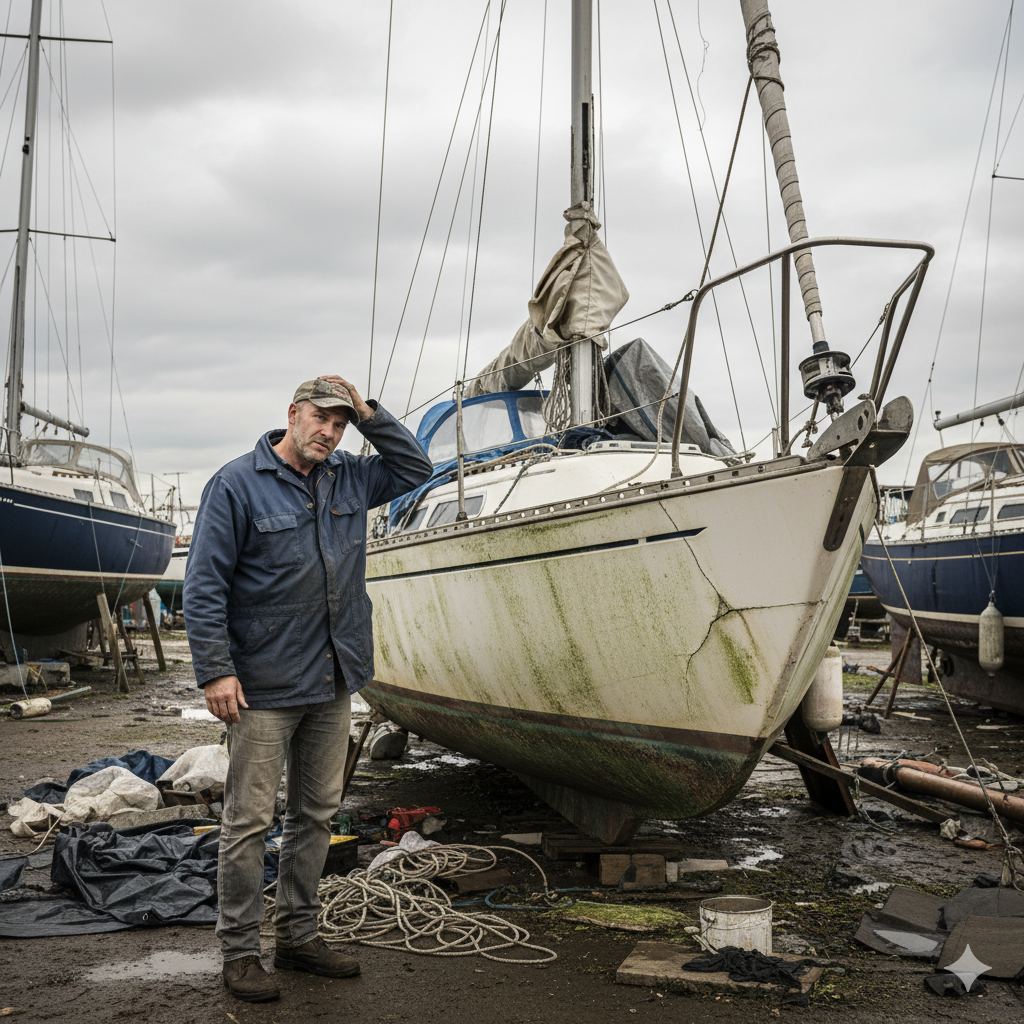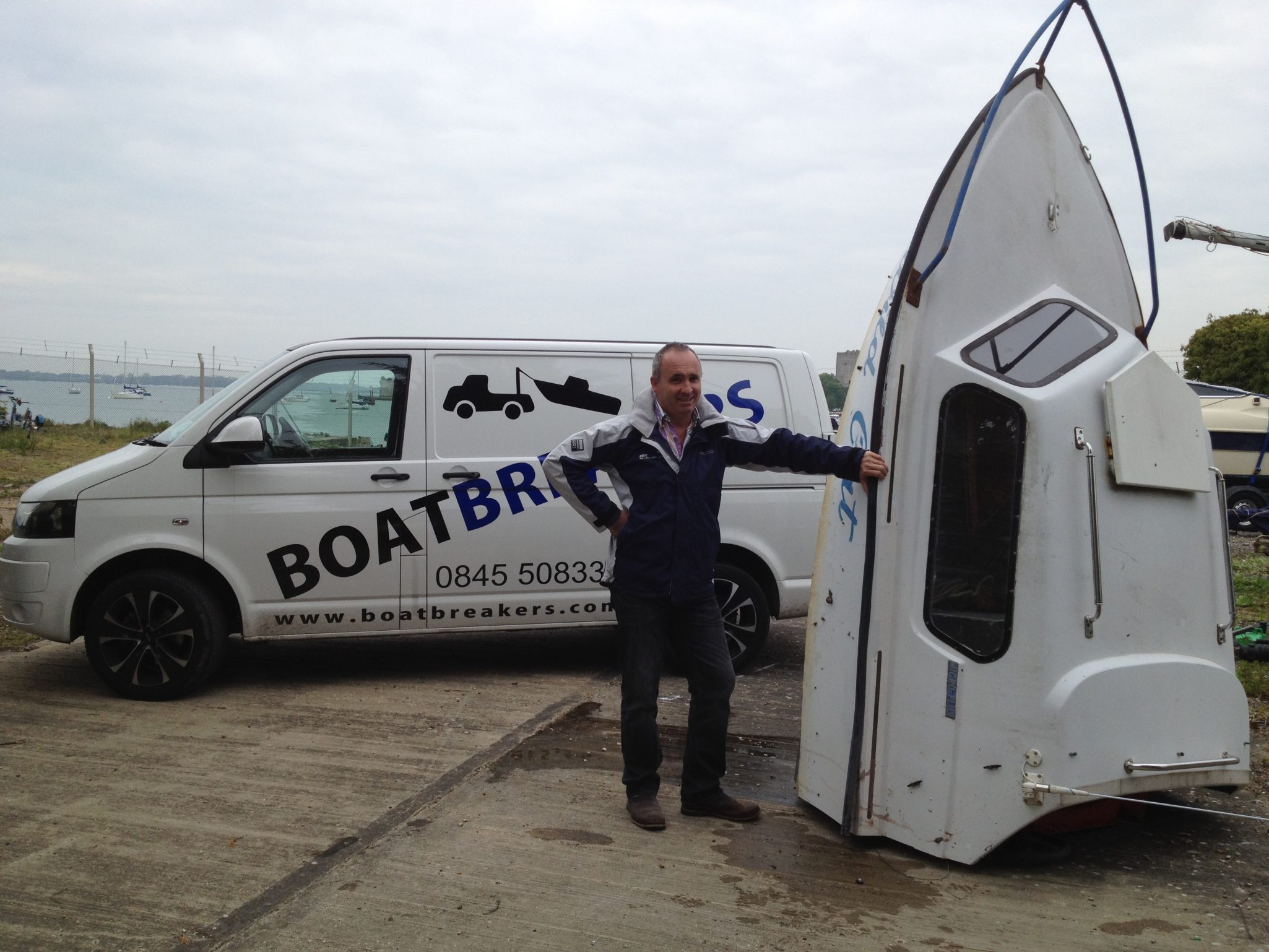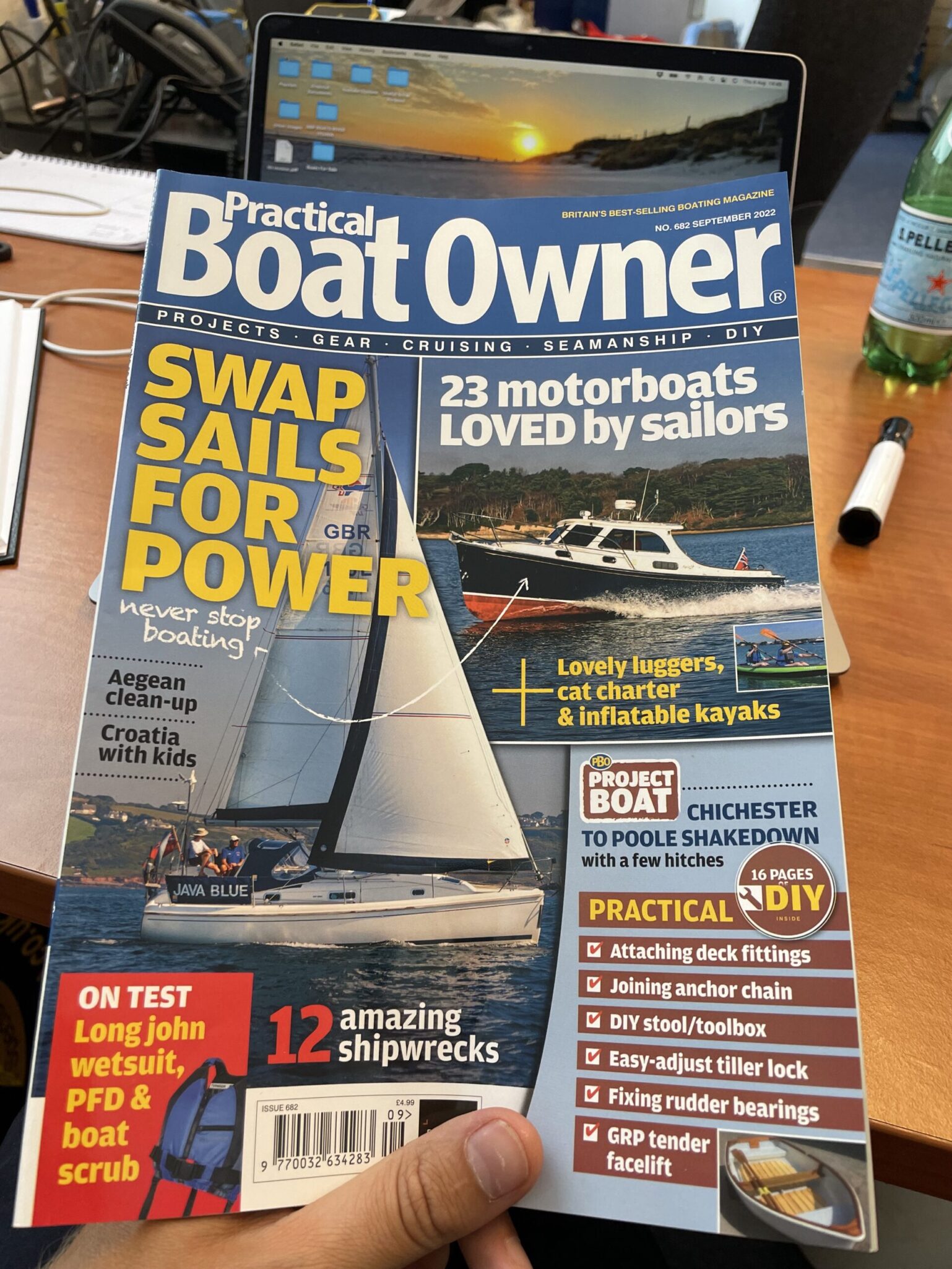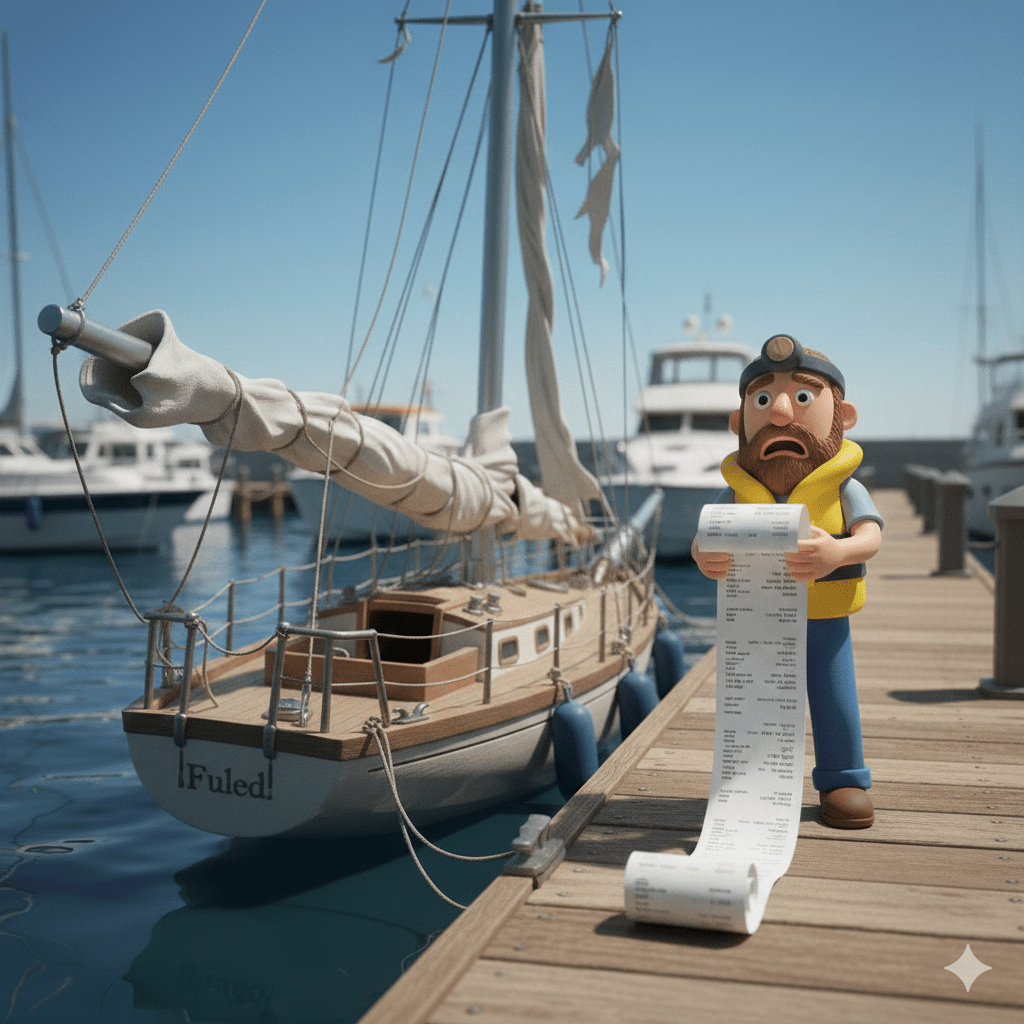10 Signs Your Boat Might Be Ready for Breaking
10 Signs Your Boat Might Be Ready for Breaking Instead of Repair
Many boat owners reach a point where repairs cost more than the boat is worth. Sometimes the kindest thing you can do for your vessel (and your wallet) is let it go through a professional boat breaking process. Recognising the signs early can save money, avoid safety risks, and allow valuable parts to be salvaged.
So what are 10 signs that you might be better off scrapping her.
-
The Repair Costs Keep Climbing
If your latest repair quote makes you wince and it’s more than half the market value of the boat, it may not be financially sensible to continue fixing it.
-
Expensive Mooring Fees and little use
Monthly storage costs rising for a boat you barely use. Many owner pay out thousands a year just to store the boat and see little return for their money.
-
Boat Beyond Economical Repair
When the engine is seized, outdated, or parts are impossible to source, replacing it can cost more than the boat’s value. Deep cracks, delamination, or severe osmosis can make a boat unsafe, especially if repairs require stripping the vessel down to bare structure.
-
Severe Water Damage/Sinking
Prolonged exposure to flooding or leaks may have compromised electrical systems, woodwork, and structural integrity.
-
Outdated and Non-Compliant Systems
If your boat no longer meets current safety or environmental regulations, upgrading it might not be worth the expense.
-
Excessive Corrosion
Particularly with metal hulls, rust can spread so far that repairs are no longer practical.
-
Persistent Safety Concerns
If surveyors repeatedly flag major safety risks, it may be time to retire the vessel.
-
Parts Scarcity
When the manufacturer no longer produces parts and the second-hand market is dry, keeping the boat operational becomes a constant struggle.
-
Loss of Use or Purpose
The boat no longer suits your needs or lifestyle, and its resale value is negligible. It may be down to age, illness or having no one to go out sailing with anymore. The longer you leave her the worse the boat will deteriorate.
-
Insurance Refusal
If insurers won’t cover it due to age or condition, it’s a red flag that breaking may be the safest route.
Breaking a boat doesn’t mean waste, it can lead to recycling valuable materials, salvaging usable parts, and ensuring environmental safety.








